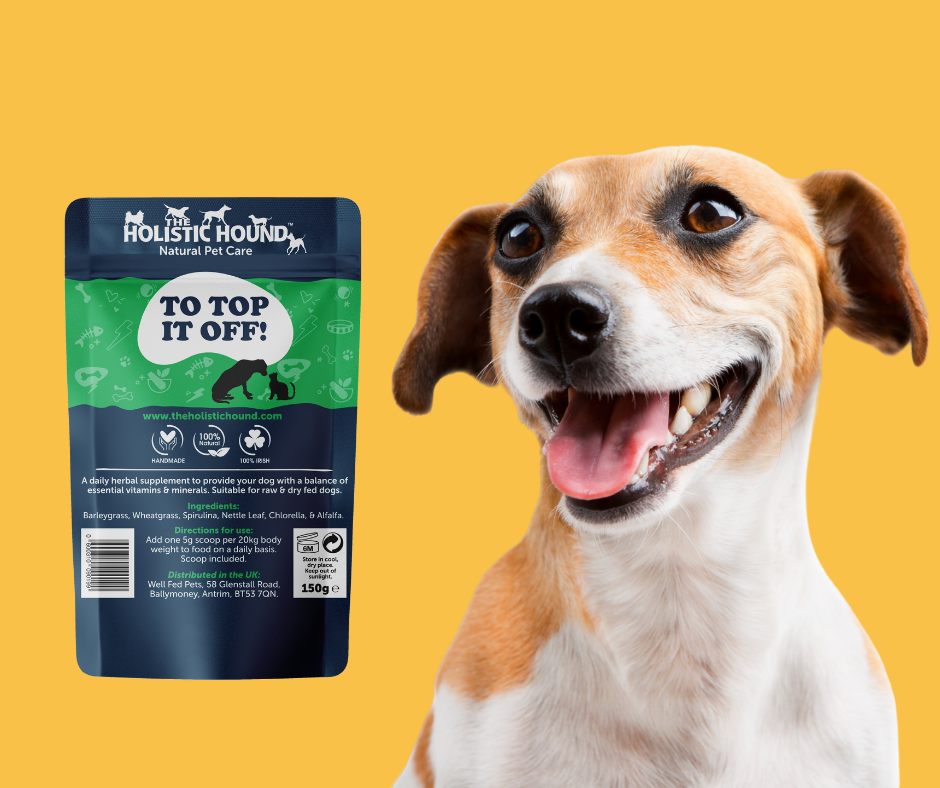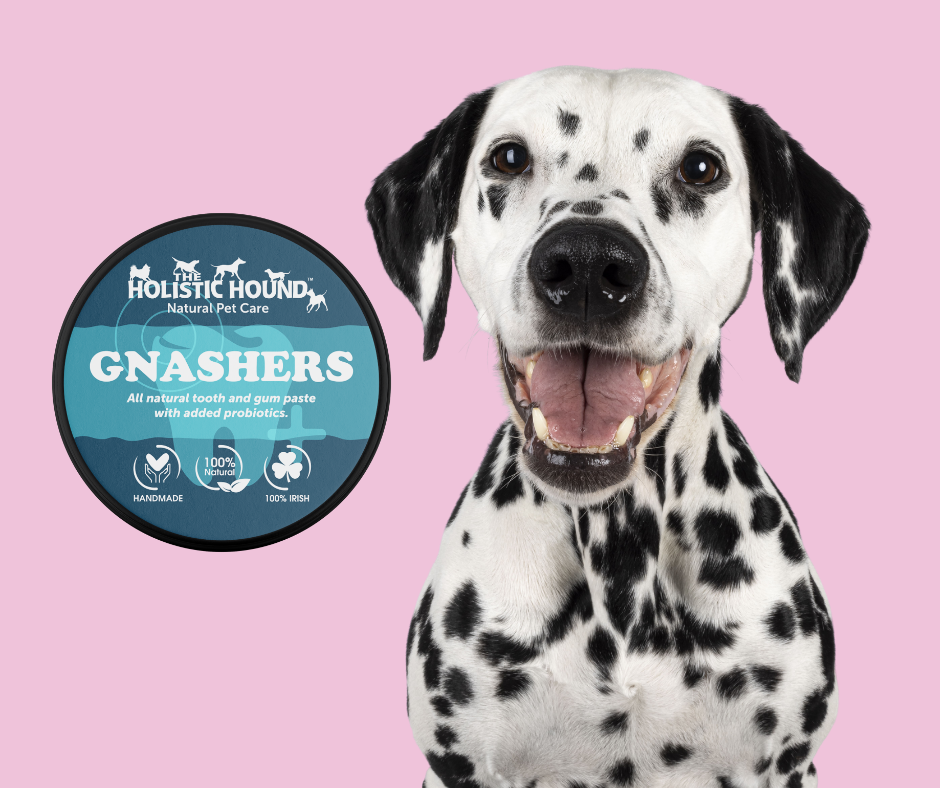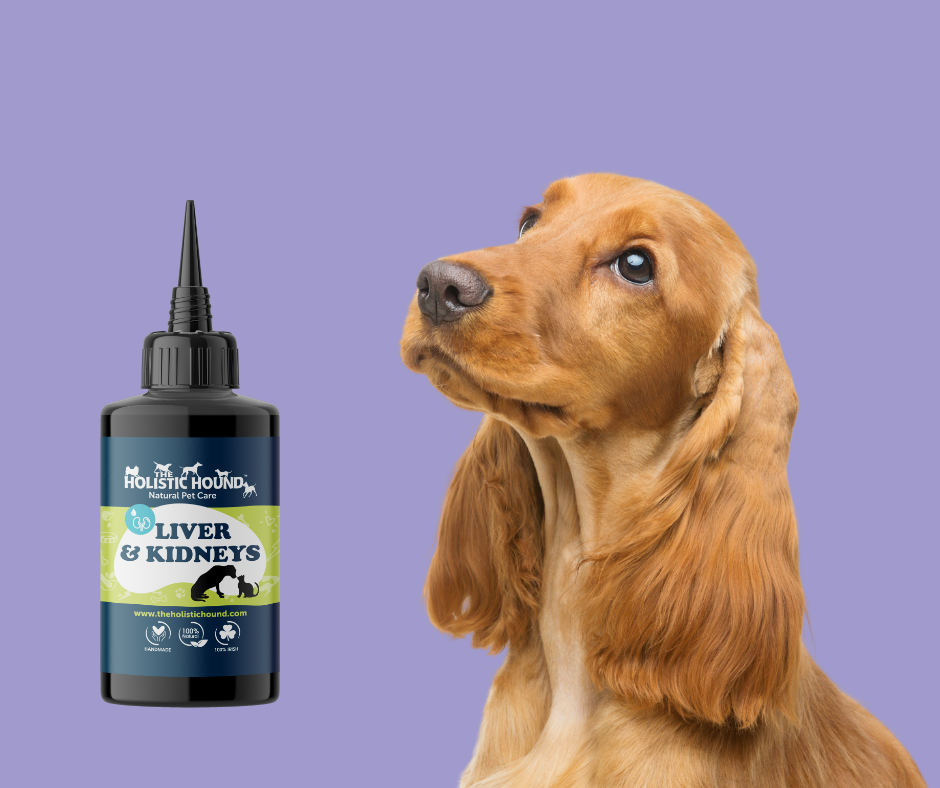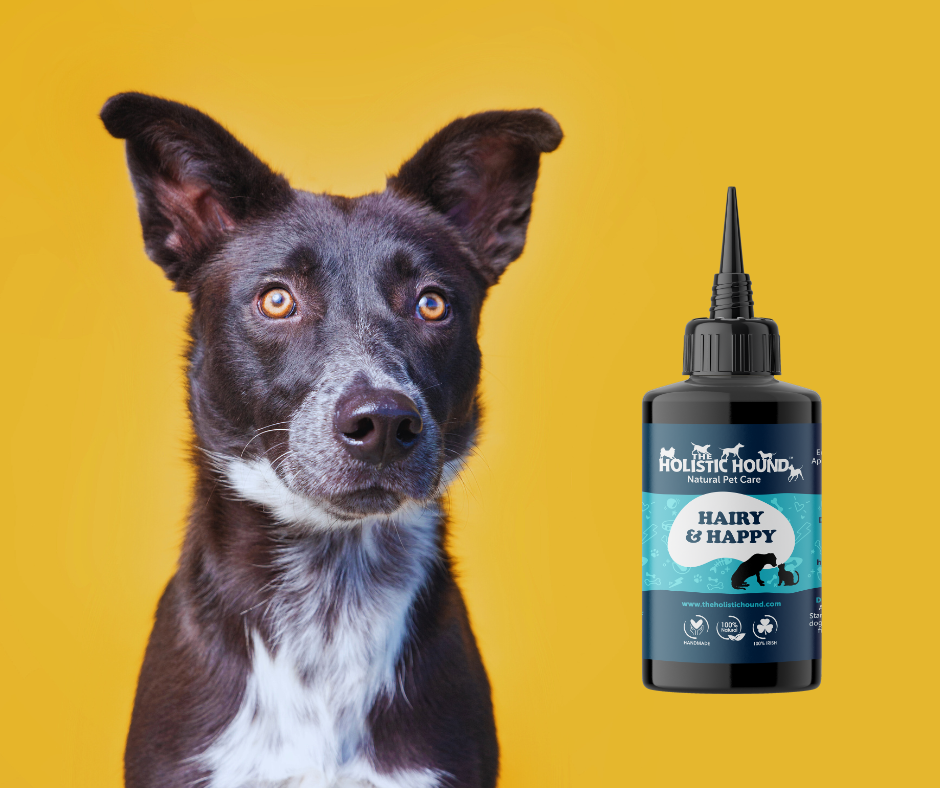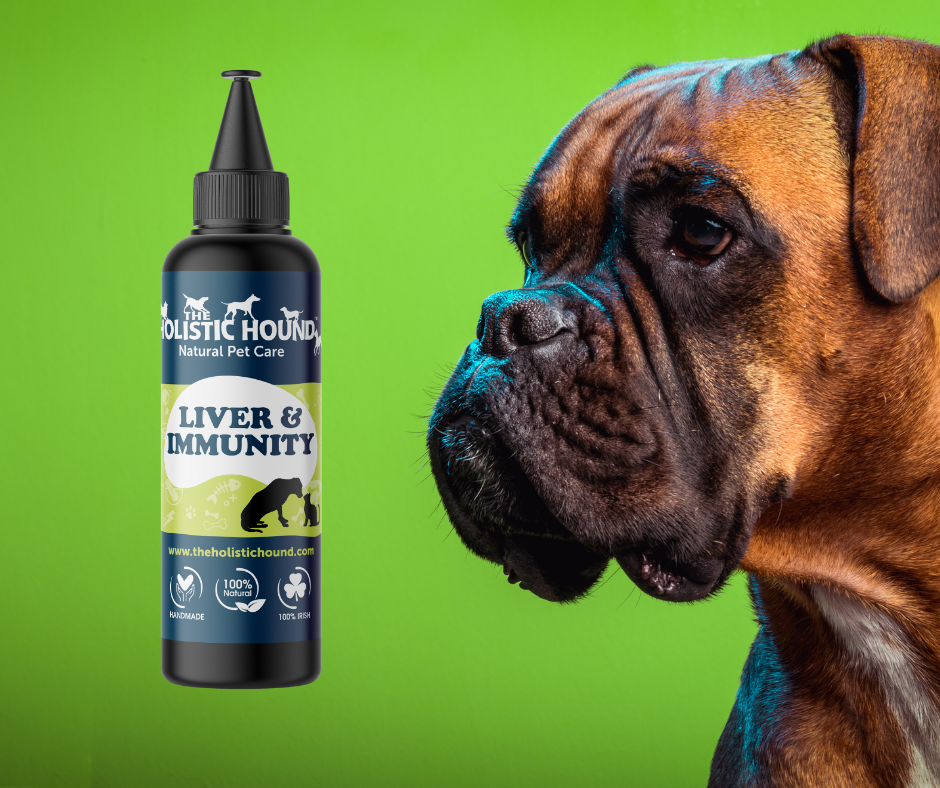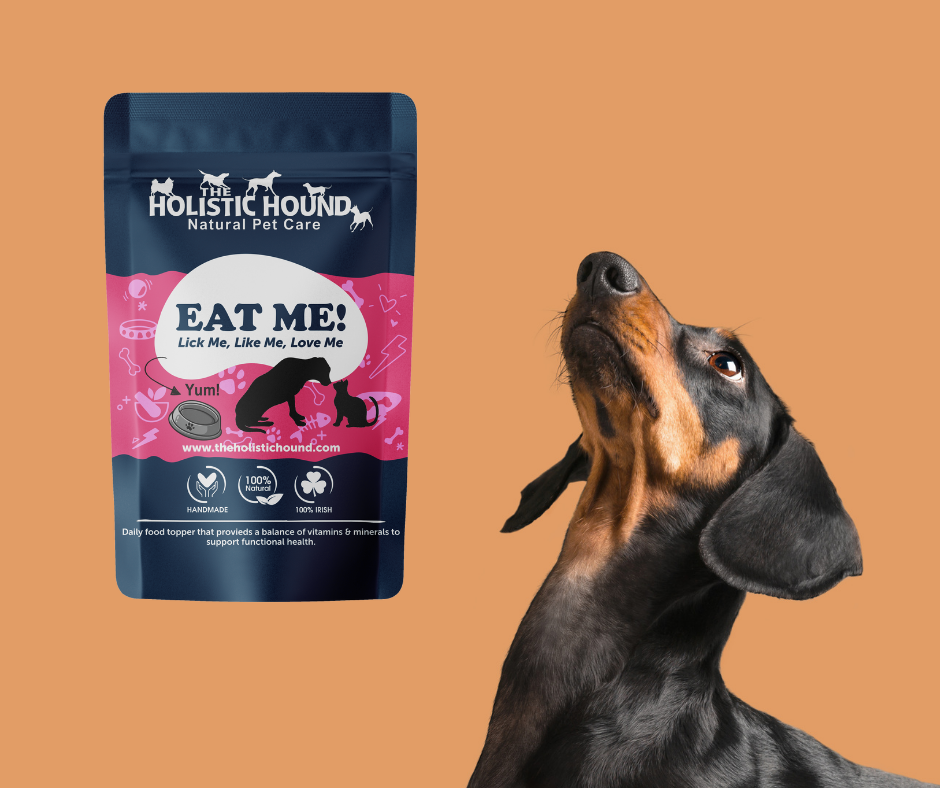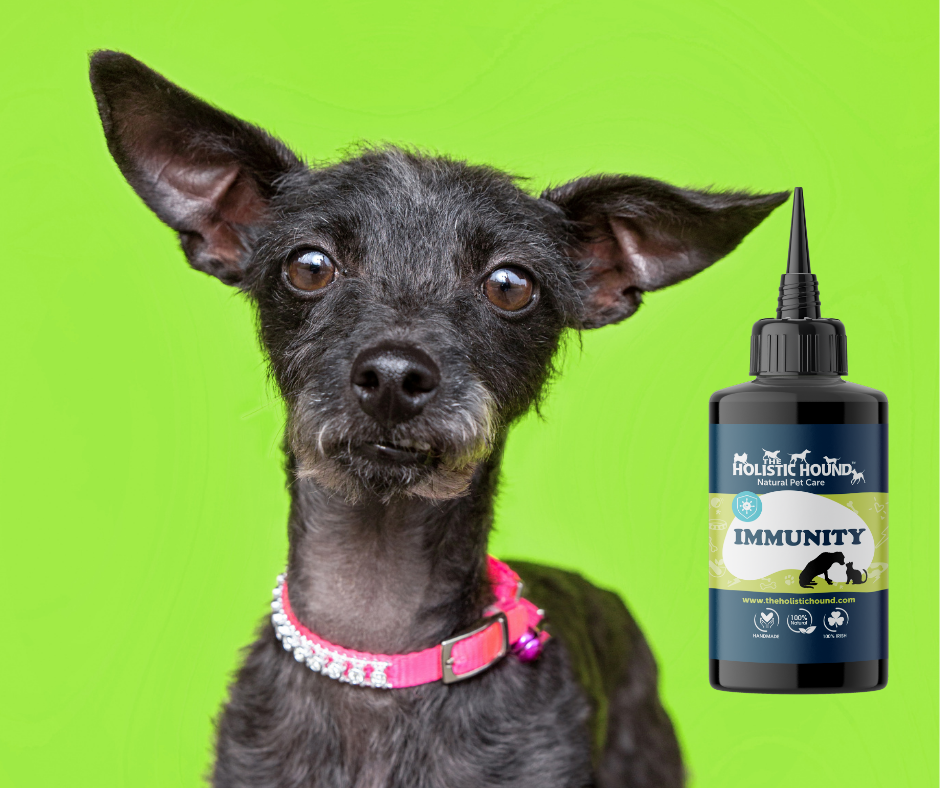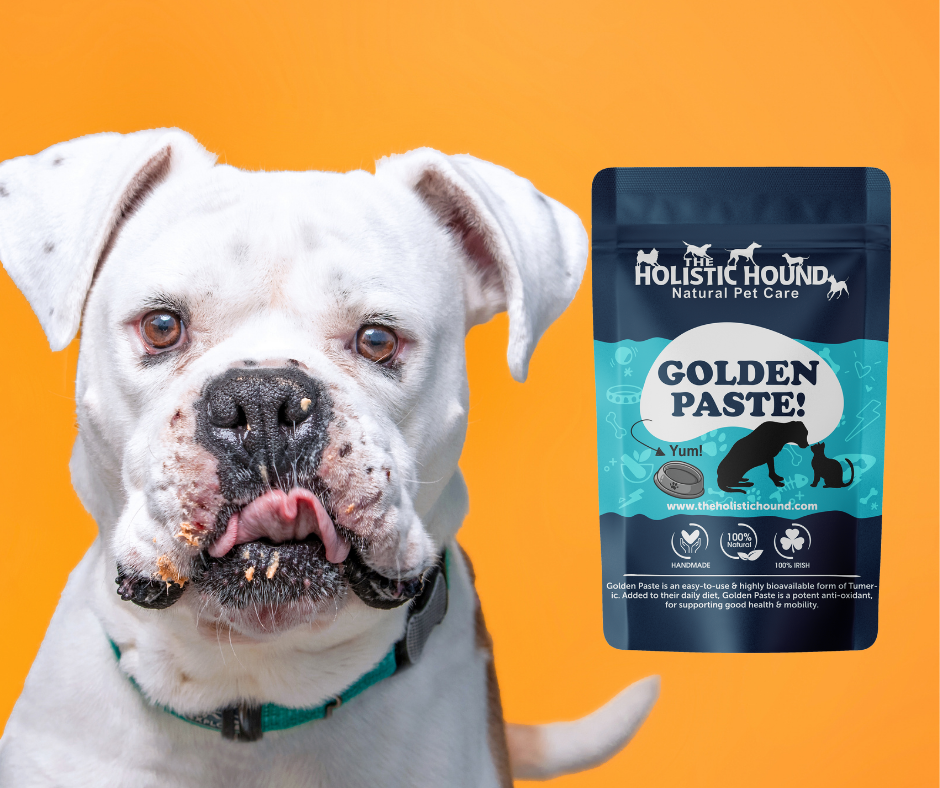

Prednisone : Benefits and Risks
Steroids, such as prednisolone, commonly prescribed as prednisone , dexamethasone, triamcinolone or methylprednisolone are powerful medications prescribed by vets to treat a wide range of conditions in animals. While it can be a lifesaver in acute situations, it's important to understand both its benefits and potential drawbacks.
IMPORTANT - We are not vets. We have studied the science and based this post on our assessment of information studied. Always consult your vet. Our goal here is to better inform pet owners. Information is power!
A Lifesaver for Acute Conditions
Prednisolone is a corticosteroid that acts as a powerful anti-inflammatory and immunosuppressant. This means it can quickly reduce inflammation and suppress the immune system, making it highly effective in treating:
- Acute infections and diseases: By dampening the body's inflammatory response, steroids can help your pet fight off serious illnesses. However steroids can make infectious disease worse, since they dampen the immune response, this leaves the door open to infectious agents. And since the immune system is suppressed it doesn’t activate correctly.
- Autoimmune diseases: In cases where the immune system attacks healthy tissue, steroids will reduce the immune’s system's attack on the body’s own tissues.
Remember: Prednisolone is most effective for short-term, acute conditions. It is also an immunosuppressant, so at high doses especially will annihilate the body’s ability to respond to infectious agents!
Steroids may also be indicated at low doses for chronic conditions, although this should be discussed in detail with your vet first and reserved for specific diagnoses and specific indications only.
For local conditions, for example skin or ears, local steroid treatments should be preferred over systemic treatments. This allows for the local inflammatory response to be calmed, without indiscriminate suppression of all immune functions.
Important Considerations: Side Effects and Withdrawal
Like any medication, prednisolone can have side effects, especially with long-term use. These can include:
- Digestive issues: Upset stomach, vomiting, and ulcers are common.
- Increased appetite and thirst: You may notice your pet drinking and eating more.
- Weight gain: Prednisolone can lead to weight gain due to increased appetite and fluid retention.
- Behavioural changes: Lethargy, mood swings, and aggression are possible side effects.
- Weakened immune system: Prednisolone can make your pet more susceptible to infections.
- Eye problems: Cataracts and glaucoma are potential risks with long-term use.
- Skin problems: Thinning fur and easy bruising can occur.
Reduction in natural cortisol, adrenal fatigue and potentially Addisonian crisis (life threatening), especially with rapid removal of treatment. It's worth noting, however, that many of these symptoms are similar to those of Cushings Disease. And this can be brought about Iatrogenically by these medications. It is important therefore if your dog is diagnosed with Cushings, to rule out the use of steroids as the underlying cause.

Important: Stopping prednisolone abruptly can be dangerous, so it's crucial to follow your vet's tapering instructions to avoid withdrawal symptoms such as:
- Fatigue, weakness, and changes in behaviour
- Loss of appetite and vomiting
- Difficulty breathing
Remember: Prednisolone use can suppress your pet's natural ability to fight off infections and inflammation. This function can take time to recover, so you will need to be mindful of this. We would suggest supporting their recovery as much as possible.
Supporting Your Pet's Recovery
While prednisolone can be a valuable tool, here are some ways to help your pet during and after treatment:
- Monitor food and water intake: Prednisolone can mask signs of infection, so watch for changes in appetite and thirst.
- High-quality diet: Ensure your pet gets a balanced diet rich in vitamins, minerals, and essential fatty acids to support overall health. Omega 3 fatty acids supplements (DHA and EPA), with Vitamin E should be advocated in any inflammatory condition, immune dysregulation and especially for any animal eating processed food. And don’t forget to include ALA and omega 6 (ratio of 4:1).
- Natural support with Herbs: Consider discussing herbal supplements with your vet. Here at the Holistic Hound, we stock a range of products specifically chosen to aid immune recovery. You should be looking at some of the following natural supplements:
- Nettle, dandelion leaf, and parsley leaf: These powerhouse plants provide essential vitamins and minerals that support strong adrenal function.
- Licorice and borage: These gentle herbs can help boost adrenal output, particularly beneficial after extended steroid use.
- Siberian ginseng and astragalus: These adaptogenic herbs further support the immune system and boost the body's ability to cope with stress.
- Acupuncture: This treatment is immunomodulatory, not immunosuppressive, and will allow the immune system to naturally rebalance itself.
Introducing Herbs Safely: These herbs should be introduced gradually as part of the "weaning off" process when your pet comes off steroids. Continue their use for a good month or so afterwards to give your pet's body the best chance of a full recovery and a return to its natural defences.
A final word on treatment:


Related Products
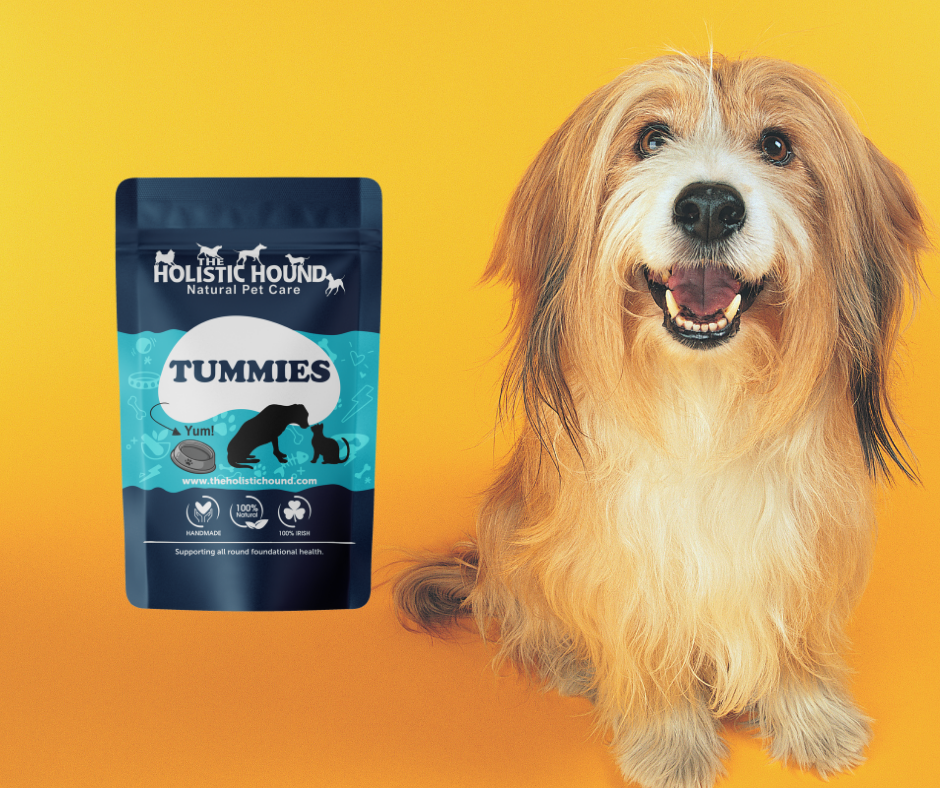
Tummies
